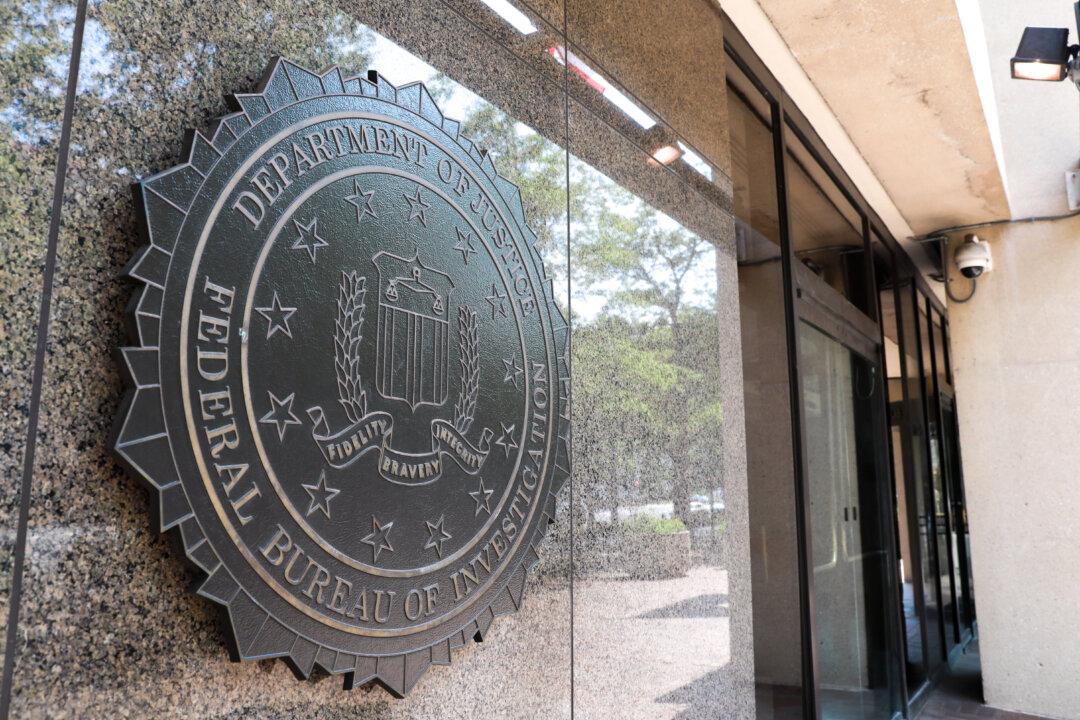A federal judge has ruled that the government’s watchlist of over a million people identified as “known or suspected terrorists” violates the rights of American citizens because it lacks constitutionally-enshrined “due process” to justify or challenge inclusion.
On Sept. 4, Judge Anthony Trenga of the United States District Court for the Eastern District of Virginia granted a favorable summary judgment to 23 Muslim U.S. citizens who had challenged their placement on the federal government’s Terrorist Screening Database (TSDB), colloquially known as the “terror watchlist.” People on the watchlist face a range of impediments, including greater scrutiny at airports and by the police. The FBI maintains the list but inclusion can be prompted by other agencies on grounds of opaque evidence and procedures, which federal authorities argue is justifiably secret to uphold national security.





